Is Swiss Cheese Plant AKA Monstera toxic to cats?
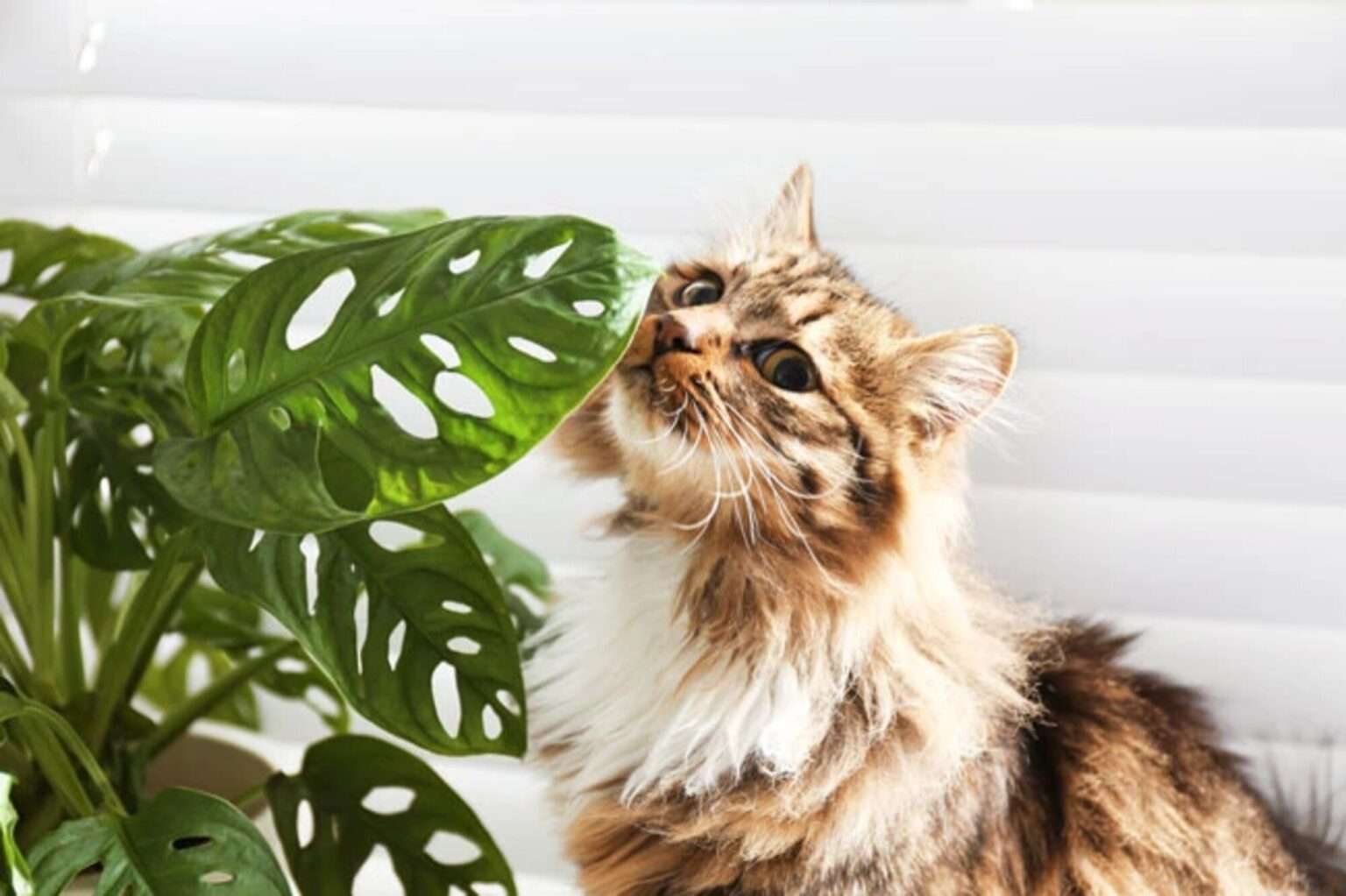
What is Monstera AKA Swiss cheese plant?
Monstera, often known as the “Swiss cheese plant,” is an eye-catching addition to any landscape due to the existence of hole patterns on the leaves that resemble the holes seen on cheese. It’s a woody vine that develops up to 21 meters high in the tropics of North and South America. It’s also a popular houseplant since it offers a beautiful outlook and is resistant to pests and illnesses. Its lovely cheese-like leaves can grow up to one meter in width, giving a wider look.
Monstera Adansonii vs Monstera Deliciosa
The leaves of Monstera Adansonii are smaller than those of Monstera deliciosa. The leaves of Adansonii are a little narrower, with more holes. Deliciosa, on the other hand, has fewer holes, only 5 or 6 in total.
Why Monstera toxic to cats?
The most prevalent plant that causes poisoning in pets is Monstera deliciosa, sometimes called the Swiss-cheese plant. The Swiss cheese plant’s insoluble calcium oxalate particles penetrate the tissues of the cat’s mouth and cause significant discomfort. Stringier leaves, on the other hand, appear to be preferred by cats. So don’t expect your cats to eat it if you have one. Because of the plant’s terrible taste, most cats will only take a bite before rejecting it. This disease can be triggered by just one bite, so being aware of the symptoms is always preferable.

Is Monstera Adansonii poisonous to cats?
Calcium oxalate crystals can be found in the Monstera Adansonii plant. Freshly consumed, this chemical is poisonous and enters the tissues of the cat’s mouth, causing severe agony.
Symptoms of Monstera toxic to cats
The changes you noted while monitoring the cat can be used to identify the symptoms of Monstera hazardous to cats. Excessive drooling, choking, and swelling of the throat, as well as incapacity or trouble swallowing. Symptoms might last up to two weeks after absorbing the poison. When large amounts of poison are ingested, symptoms become considerably more severe, including any or all of the preceding problems, as well as kidney failure, coma, and also death is possible. It is, nevertheless, possible to recover from poisoning. Monstera toxicity in cats can be treated with the right medications.
Treatment and the first aid to Monstera toxic to Cats
Your cat will most likely be in a lot of pain as a result of the poisoning with monstera deliciosa. As a result, the initial stage of the treatment is to make the cat more comfortable by washing away the monstera’s toxin from the cat’s mouth. Then you will have to get your cat to a vet as quickly as possible. It’s preferable if you can clean the cat’s mouth before taking it to the vet for medicine.
Monstera plant poisonous cats are easily diagnosed since the toxin makes the cats extremely uncomfortable, although it is rarely fatal. Most cats are discharged right away and may go home following treatment, but others may need to stay longer in the vet center if they are dehydrated and require extra fluids.
First Aid and what to do when your cat ate monstera leaf?
Wash your cat’s mouth gently, clearing any visible crystals that are harmful from the Cheese plant monstera. If further medicine is required, cats should see a veterinarian as soon as possible.
Watch Now! Best Houseplants That Are Pet Friendly To Indoor Cats
10 Indoor plants which are toxic and not safe for Pets & Cats
- Swiss Cheese Plant (Monstera)
- Peace Lilies (Spathiphyllum)
- Aloe vera plants
- Dieffenbachia
- Pothos (Epipremnum aureum)
- Jade Plants (Crassula)
- Snake Plants (Sansevieria trifasciata)
- Asparagus Fern
- Sago Palm
- Sweetheart Ivy
How Monstera toxic to cats and cats reaction over the toxic level
Monstera leaves contain insoluble calcium oxalate crystals that enter the tissues of the cat’s mouth, causing severe irritation.
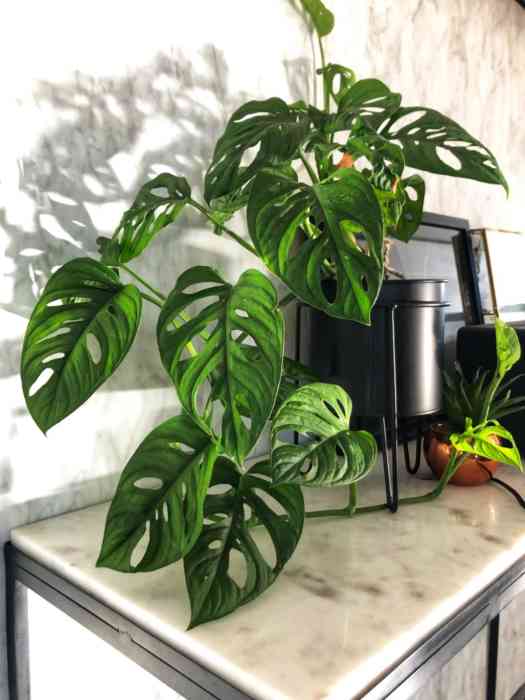
Symptoms of Monstera toxic to cats :
- Mouth irritation
- swelling of the tongue
- swelling of the lips and face
- difficulty swallowing
How Peace lily flower toxic to cats and cats reaction over the toxic level
The insoluble calcium oxalates found in peace lilies are harmful to cats. Almost every component of the lily flower is poisonous to cats, resulting in Lilies are one of the most hazardous flowers for cats.
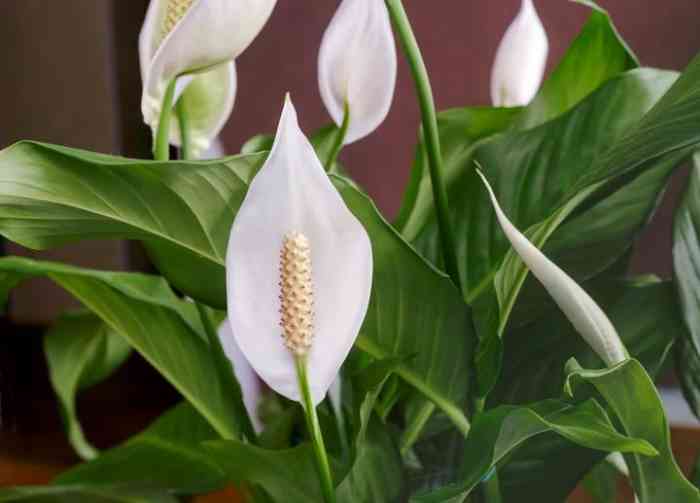
Symptoms of Peace lily flower toxic to cats :
- Vomiting
- Irritation of the mouth and throat
- Drooling
- Difficulty swallowing and breathing
How Aloe Vera toxic to cats and cats reaction over the toxic level
Many people believe that aloe vera is harmless to cats. However, aloe vera is poisonous to cats. Aloe vera includes saponins, which are glycosides that are harmful to cats, as well as chemical compounds called anthraquinones, which can be poisonous to cats.
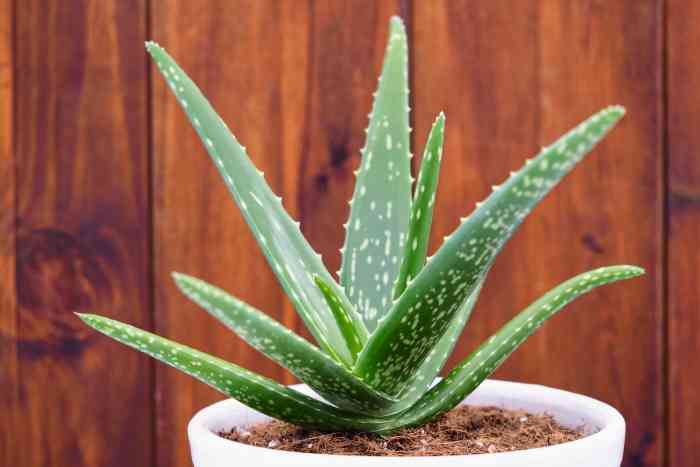
Symptoms of Aloe Vera toxic to cats :
- lethargy
- vomiting
- diarrhoea
- Difficulty swallowing
How dieffenbachia toxic to cats and cats reaction over the toxic level
Dieffenbachia can be hazardous to cats, due to the presence of calcium oxalates and a proteolytic enzyme in the dieffenbachia leaves. The dieffenbachia plant, despite its attractive appearance and popularity as a houseplant, is harmful to cats.
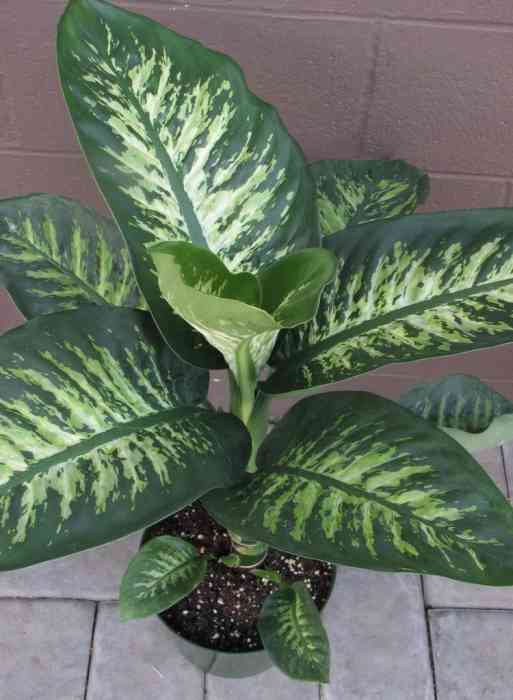
Symptoms of dieffenbachia toxic to cats :
- Vomiting
- Swelling
- Irritation in mouth
- Burning of the mouth
How Pothos toxic to cats and cats reaction over the toxic level
Pothos are one of the most lovely home décor plants, however they are hazardous to cats owing to the presence of insoluble calcium oxalates in the leaves. To keep your cat from eating the leaves, place the pothos plant above where it can’t reach.
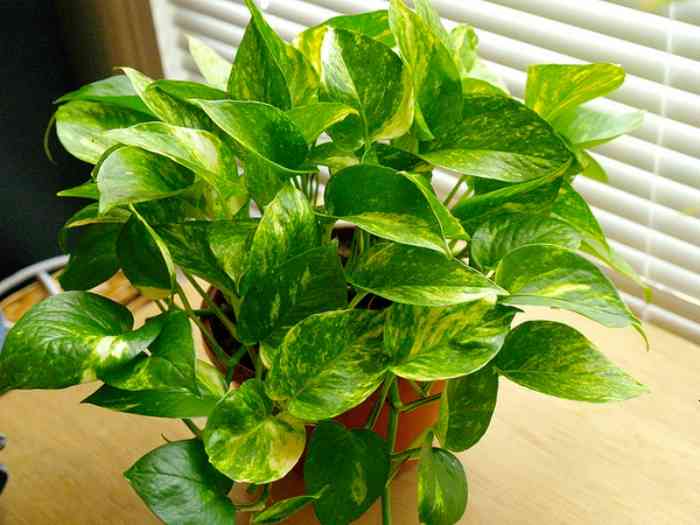
Symptoms of Pothos toxic to cats :
- vomiting
- swelling
- burning of the mouth and lips
How Jade plants toxic to cats and cats reaction over the toxic level
Cats, as well as other animals such as dogs and horses, are poisoned by jade plants. When it comes into contact with human skin, it can be somewhat harmful. Many people keep Jade plants in their homes as a sign of good fortune. Make sure it’s out of reach of your pets.
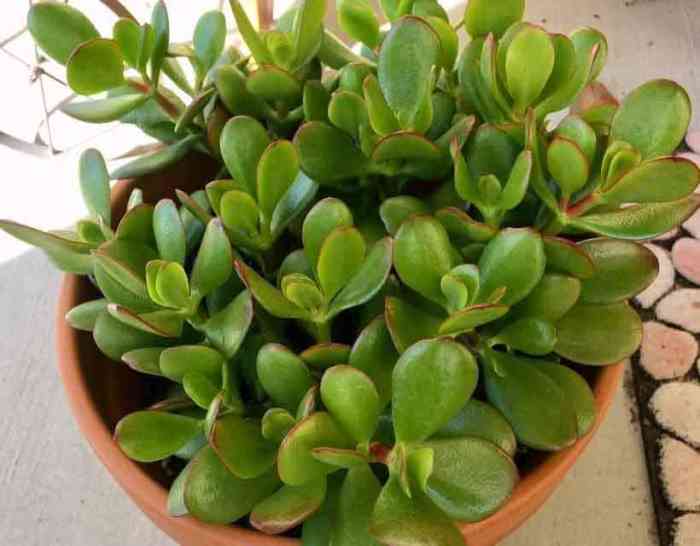
Symptoms of Jade plants toxic to cats :
- swelling
- lethargy
- Irritation of the mouth and throat
How Snake Plants toxic to cats and cats reaction over the toxic level
Snake plants with long shaped leaves, contain saponins, which are glycosides that are harmful to cats. Pets are more likely to be drawn to and consume certain plants because of their look.
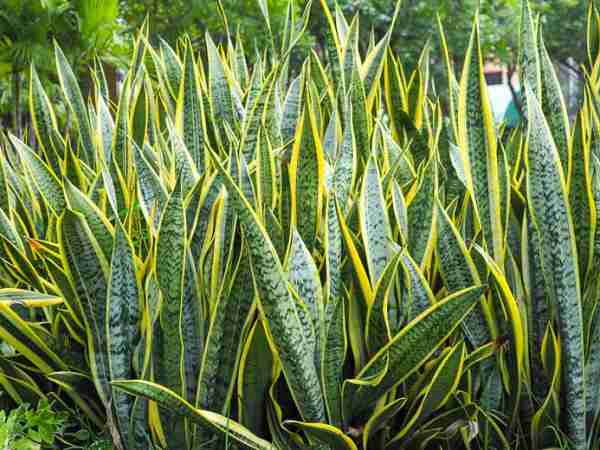
Symptoms of Snake Plants toxic to cats :
- swelling
- vomiting
- diarrhea
How Asparagus fern toxic to cats and cats reaction over the toxic level
Many people believe that asparagus fern is safe for cats, however the presence of high alkaline content in asparagus leaves is the biggest concern for a cat who consumes asparagus on a regular basis. It is dangerous to your cats and other pets.
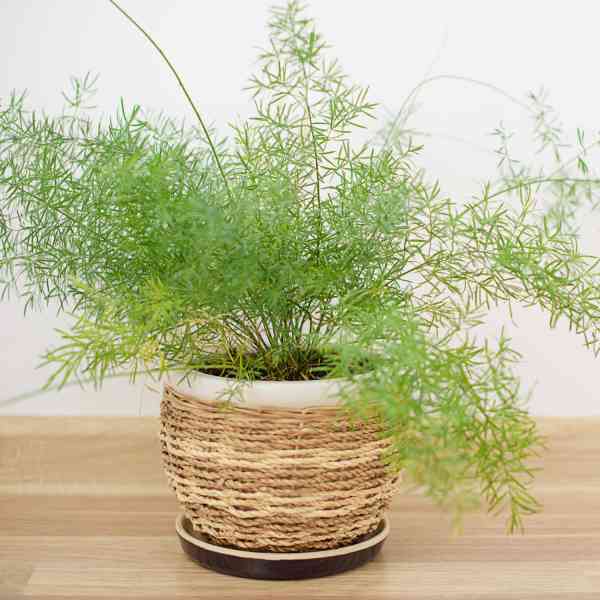
Symptoms of Asparagus fern toxic to cats :
- The chemical makeup of the urine changes
- Urinary tract blockages
- swelling
How Sago Palm toxic to cats and cats reaction over the toxic level
Cycasin is a poisonous chemical found in the sago palm. Because sago palm is one of the most dangerous plants for domestic pets, cats who eat the leaves may have serious consequences, similar to how monstera hazardous to cats may.
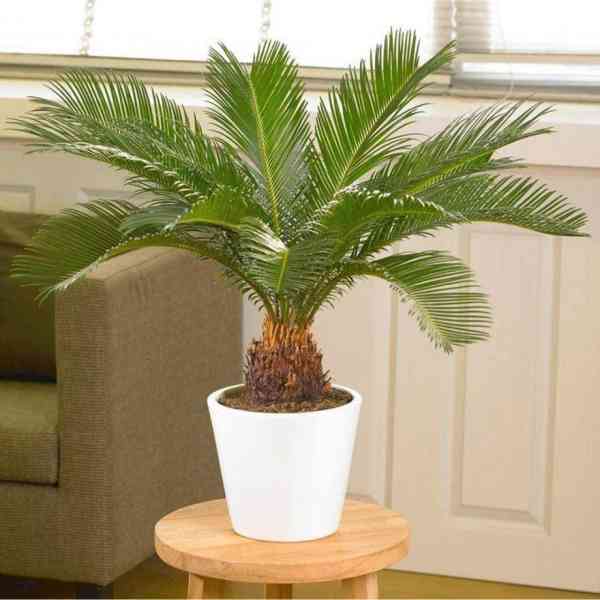
Symptoms of sago palm toxic to cats :
- Vomiting
- Diarrhoea
- Liver failure
Is Sweetheart ivy plant safe for cats and how it affects for cats
Sweetheart Ivy leaves are more poisonous than the fruit, as they contain triterpenoid saponins, which are hazardous to cats. Sweetheart Ivy is one of the most common sorts of plants that pets attract, and it’s best to flow it down from a container hanging above them to keep them safe.
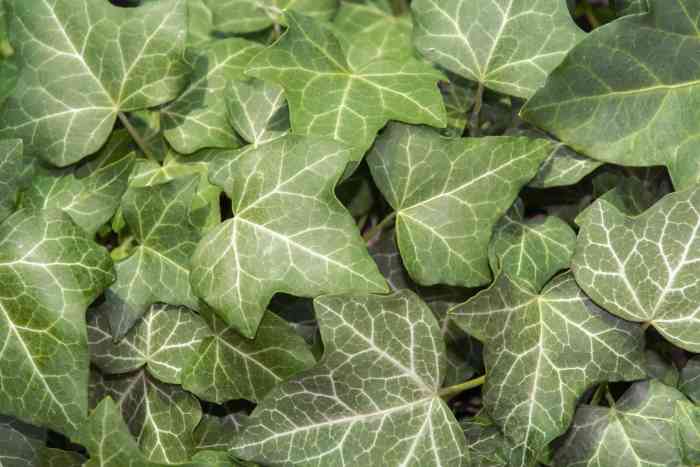
Symptoms of Sweetheart ivy plant toxic to cats :
- Vomiting
- abdominal pain
- tenderness
- excessive drooling
- diarrhoea
Must READ!
What Indoor Plants Can be Planted Together?
